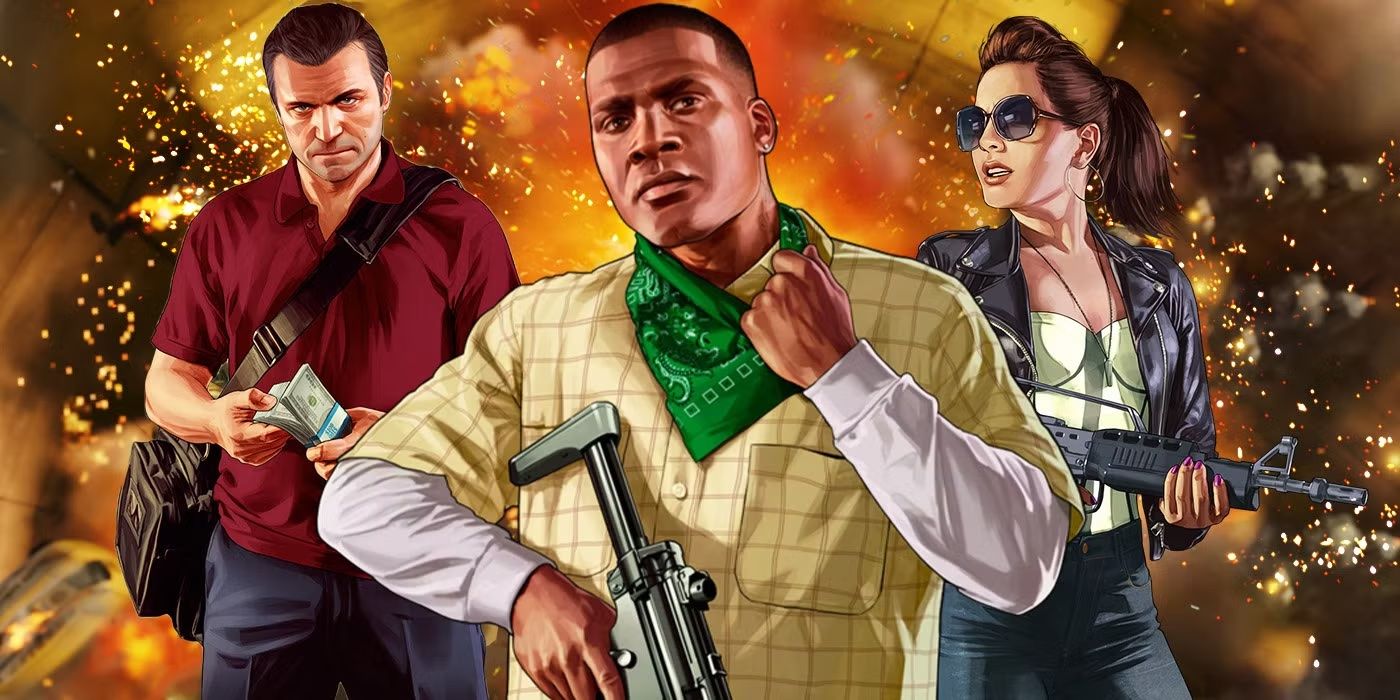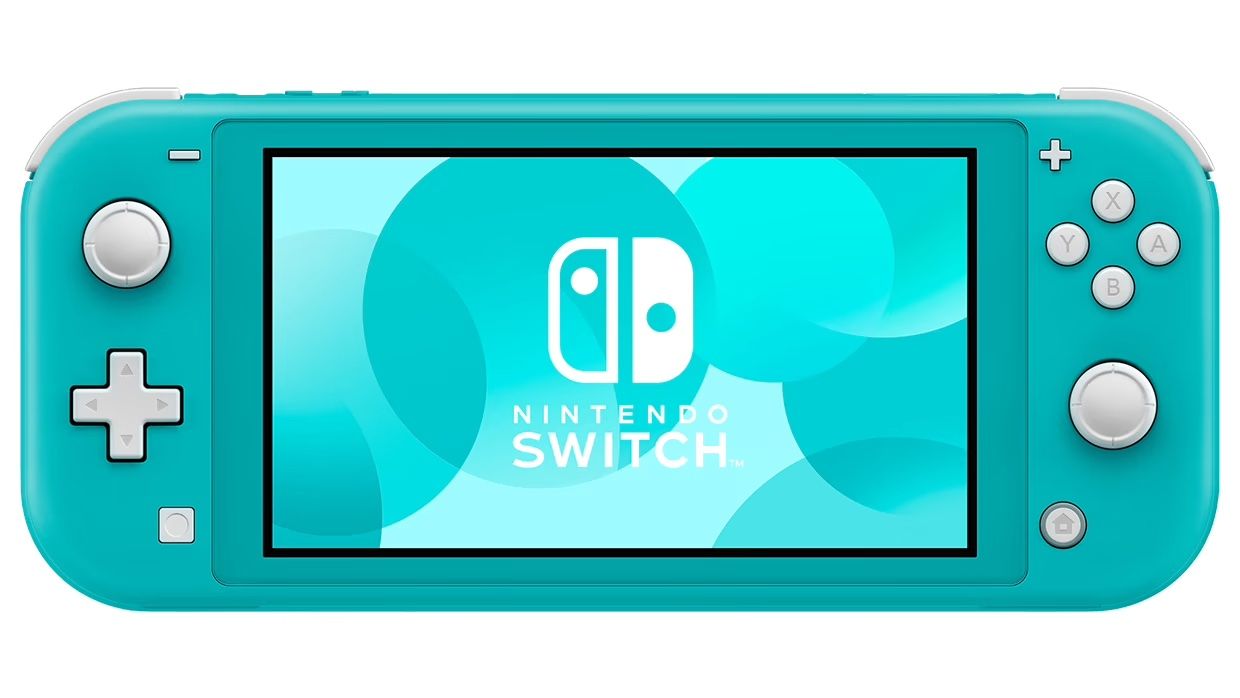
The proposed 25% tariff by President Donald Trump on goods imported from Mexico and Canada, set to be implemented on February 1, might have a substantial effect on the U.S. video game market, experts caution. This tariff plan, brought up shortly after Trump’s inauguration, has ignited worries about increased prices and reduced physical game releases.
Among the top three countries with which the United States trades most, Mexico and Canada collectively represented about 30% of the total import value for the U.S. last year, as shown by federal trade data. If tariffs are imposed, they could potentially stretch Americans’ budgets, since retailers might not be able to shoulder all the increased costs. For instance, the proposed tariffs on the Nintendo Switch 2 could lead to a substantial price increase for this product. Experts in the industry have expressed worries about potential price jumps due to uncertainties regarding how tariffs may affect the console’s categorization and expenses. However, despite President Trump’s assertions that foreign exporters will take on most of the tariff costs, some of the financial impact will undoubtedly be passed on to U.S. consumers.
Experts within the video game industry are expressing significant worry over potential consequences affecting the market. Mat Piscatella, Executive Director and Video Game Industry Analyst at Circana, anticipates a significant decrease in the number of physical game releases in the U.S., due to a proposed 25% tariff on goods imported from Mexico. This could create disruptions in supply chains and increase manufacturing costs, leading retailers to potentially raise prices for both physical and digital games to maintain consistency. Piscatella suggests that if physical game prices increase, the Manufactured Suggested Retail Prices (MSRPs) of digital games may also follow suit, expressing uncertainty about any favorable outcomes for the physical game market in the near term.
Trump’s Mexico Tariffs May Hike Video Game Prices





Some merchants are already implementing strategies to lessen the blow of possible tariffs. These tactics involve storing goods in advance and moving production out of regions affected by tariffs. However, these actions are temporary solutions rather than long-term ones. Many items, especially those needing specialized manufacturing, can’t be easily relocated or stored in large quantities. The proposed tariffs could significantly alter the U.S. video game market, making games more costly for players and potentially reducing access to physical editions. As the February 1st deadline nears, industry figures and consumers are preparing for the potential consequences of these broad trade modifications. Regardless if it’s through increased prices, reduced choices, or both, the video game market seems unlikely to avoid being impacted.
This development comes amidst mounting anxiety among fans that the presidency of Donald Trump might postpone the launch of “Grand Theft Auto 6”. Fans, who have been anticipating this game for over a decade, are concerned about potential hurdles related to Project 2025, an initiative by the Heritage Foundation that has stirred controversy. Although Trump has distanced himself from the project, its tone indicates possible censorship of video games and media. Given the violent and mature nature of the “GTA” series, there are concerns it could be singled out if the proposals of this project were implemented.
Read More
- REPO: All Guns & How To Get Them
- 6 Best Mechs for Beginners in Mecha Break to Dominate Matches!
- Top 5 Swords in Kingdom Come Deliverance 2
- Unlock the Ultimate Armor Sets in Kingdom Come: Deliverance 2!
- LUNC PREDICTION. LUNC cryptocurrency
- REPO: How To Play Online With Friends
- BTC PREDICTION. BTC cryptocurrency
- One Piece 1142 Spoilers: Loki Unleashes Chaos While Holy Knights Strike!
- All Balatro Cheats (Developer Debug Menu)
- Unleash Willow’s Power: The Ultimate Build for Reverse: 1999!
2025-01-22 18:23